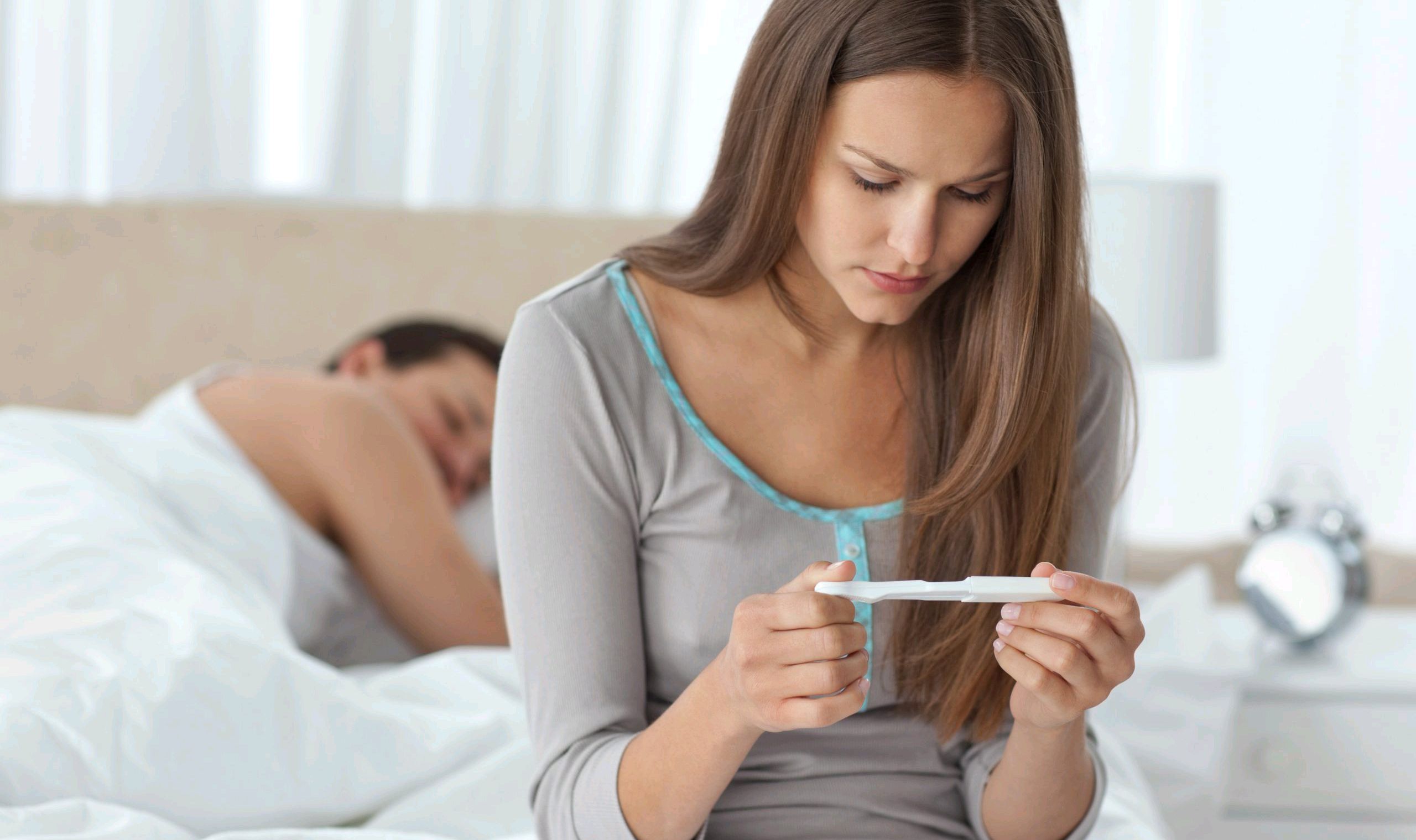For many women, understanding their fertility and the optimal time to become pregnant is important when planning a family. One common question is, “How soon can I get pregnant after my period?” In this article, we will learn about the concept of fertility immediately after menstruation and the period during which pregnancy is possible.
Menstrual cycle:
To understand postmenstrual pregnancy, it is important to understand the basics of the menstrual cycle. A typical menstrual cycle lasts about 28 days, but can vary from 21 to 35 days. It consists of several stages, and the beginning of the cycle is menstruation. Menstruation date:
Menstruation, commonly known as a woman’s period, usually lasts 3 to 7 days. At this time, the uterine lining sheds and bleeding begins. At this stage, pregnancy is not possible because the egg has not yet been released.
Fertile period:
The fertile period refers to the period when a woman is most likely to become pregnant. This usually occurs a few days before ovulation, during ovulation, and about a day after ovulation. Ovulation is when the ovaries release a mature egg into the fallopian tube where it can be fertilized by a sperm.
Ovulation Time:
In a standard 28-day cycle, ovulation most often occurs around day 14, counting from the first day of menstruation. However, this can vary greatly from woman to woman and even month to month. Monitoring methods, such as tracking basal body temperature, changes in cervical mucus, and using an ovulation prediction kit, can help determine your fertile window more accurately.
Number of days immediately after menstruation:
Although it is uncommon to get pregnant right after your period, it is not impossible. Sperm can survive in a woman’s reproductive tract for up to five days. So, if a woman has a shorter menstrual cycle, she may enter her fertile period soon after her period ends. It’s important to remember that every woman’s menstrual cycle is unique, and factors such as stress, illness, and hormonal fluctuations can affect when you ovulate.
conclusion:
When trying to get pregnant, it’s important to understand your menstrual cycle and pregnancy patterns. The chances of getting pregnant right after your period are relatively low, but not impossible, especially for women with short cycles. To maximize your chances of getting pregnant, it’s a good idea to track your menstrual cycle and use ovulation prediction methods to pinpoint your fertile window. If you are actively trying to conceive and are having difficulty, speaking with a medical professional or fertility specialist can provide valuable guidance and support.






















